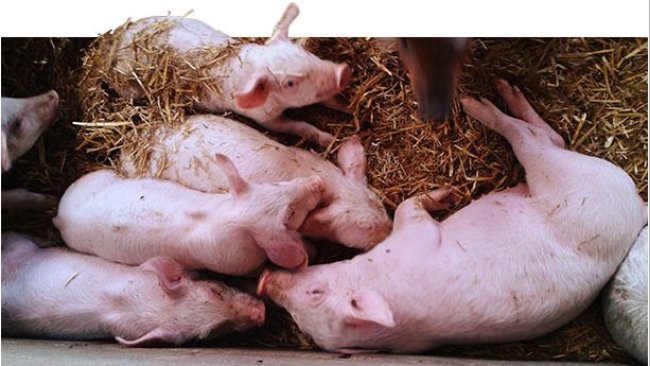
Clinical case: Problems with Salmonellosis and PCV2-associated disease in nursery and early fattening
We got a call to visit a fattening farm where 7-week-old piglets presented meningitis and diarrhoea after weaning, with a mortality rate of 5% three weeks after weaning.







